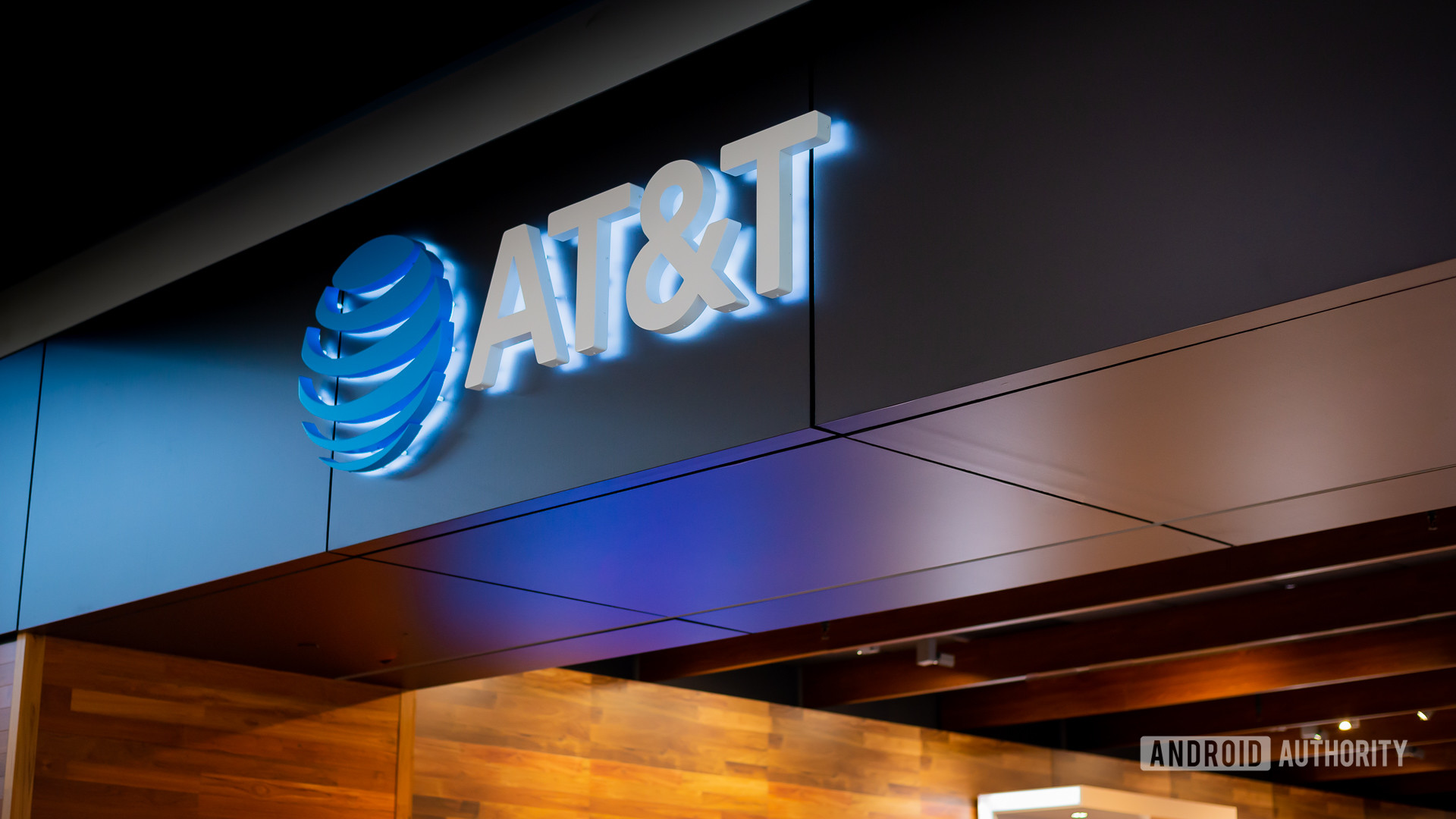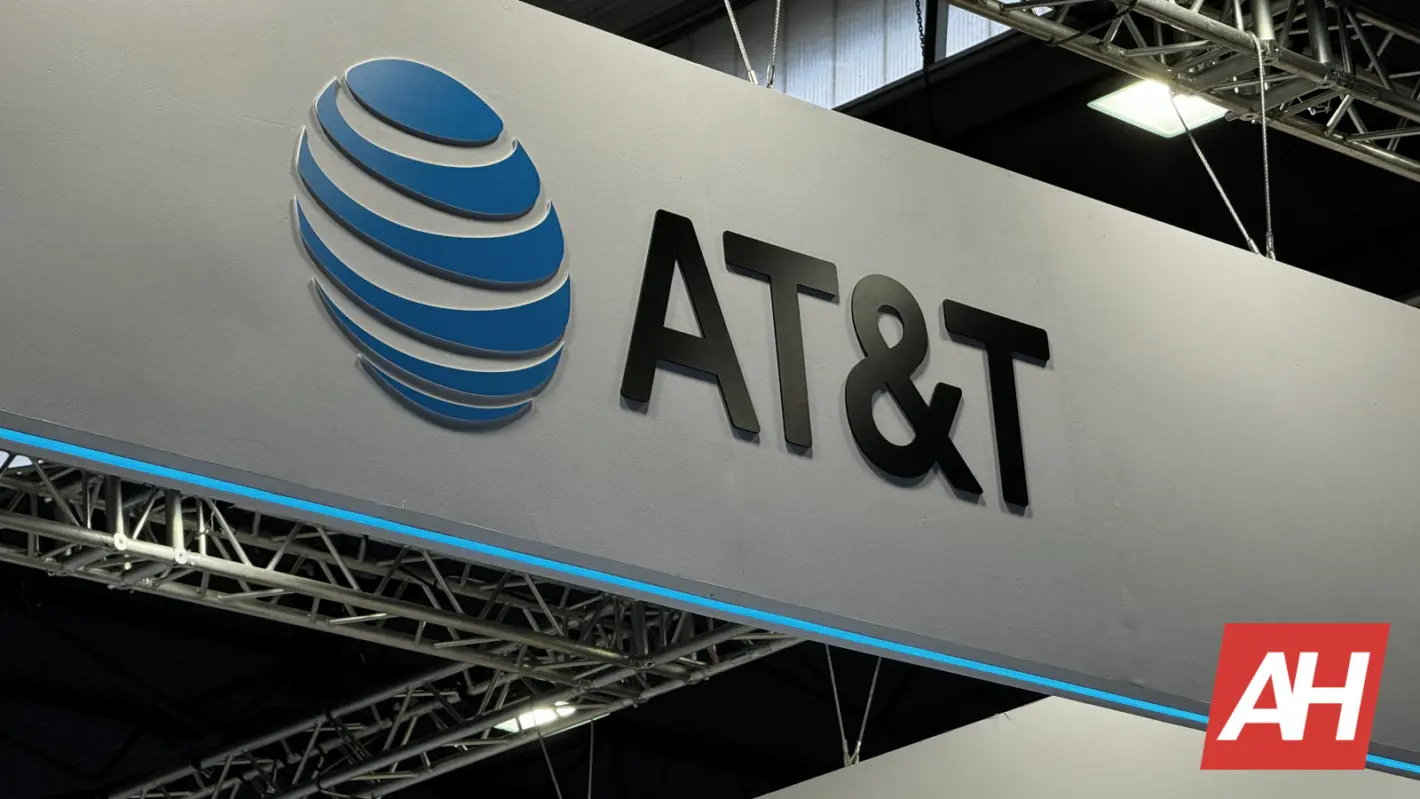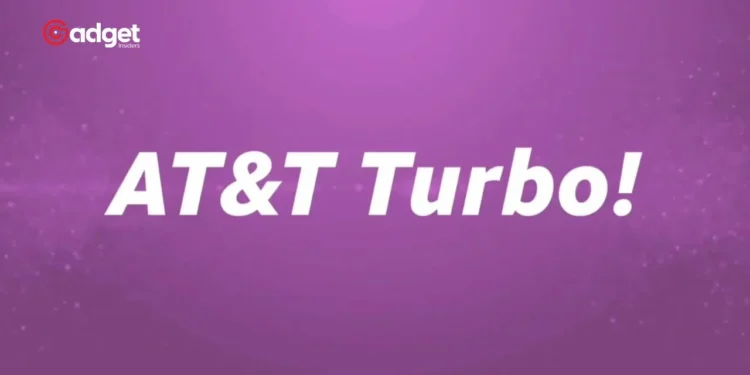AT&T has launched a new service named “Turbo,” aimed at those seeking to enhance their mobile network experience. For a modest fee of $7 per month, this service promises to prioritize the user’s data traffic, thereby improving connection quality significantly. Starting from May 2, AT&T customers can activate this feature, which is designed to adjust the Quality of Service Class Identifiers (QCI)—a key component in how the carrier manages network traffic.

Understanding Quality of Service Enhancements
The concept of QCI is integral to understanding how “Turbo” works. It relates directly to the Quality of Service (QoS) protocols used by AT&T to distribute bandwidth among users efficiently. By elevating the QCI levels, Turbo users will receive a higher priority over non-Turbo users, particularly noticeable during peak usage times. This adjustment means that Turbo subscribers can expect more reliable internet speeds and reduced latency, making this service particularly attractive to competitive gamers and heavy data users who require consistent connectivity.

Compliance with Net Neutrality
The introduction of Turbo coincides with the recent reinstatement of net neutrality rules in the United States, raising questions about the legality of such a service. However, AT&T has addressed these concerns head-on, asserting that Turbo complies with all current regulations. Unlike previous services that selectively boosted speeds for specific websites or apps, Turbo applies uniformly across all internet services, ensuring fairness and adherence to net neutrality principles.
AT&T 'Turbo' service promises to boost your network for $7/month https://t.co/wSVWxPQKSq #android #tech
— Android Headlines (@Androidheadline) May 2, 2024
Comparing Turbo with Previous Services
AT&T’s Turbo is not pioneering the concept of paid prioritization in network traffic. Previously, Cox Communications had ventured into similar territory with its “Elite Gamer” service, which also promised enhanced connection stability and lower latency for gamers. However, despite promising up to 32% improvement in gaming performance, the service was discontinued due to low customer interest, possibly influenced by its higher price point of $14.99 per month. AT&T’s more competitive pricing and broader application of Turbo could set it apart from previous attempts and drive higher adoption rates.
AT&T: The Potential Impact of Turbo
With its affordable price and broad applicability, AT&T’s Turbo could significantly impact how customers experience mobile internet, particularly in scenarios where high demand can throttle standard service levels. For users who depend on a robust mobile connection for gaming, live streaming, or heavy data usage, Turbo may offer a valuable solution to ensure consistent service quality.
As the service rolls out, it will be crucial to monitor customer feedback and real-world performance to see if Turbo truly delivers on its promises of enhanced mobile internet experience.









